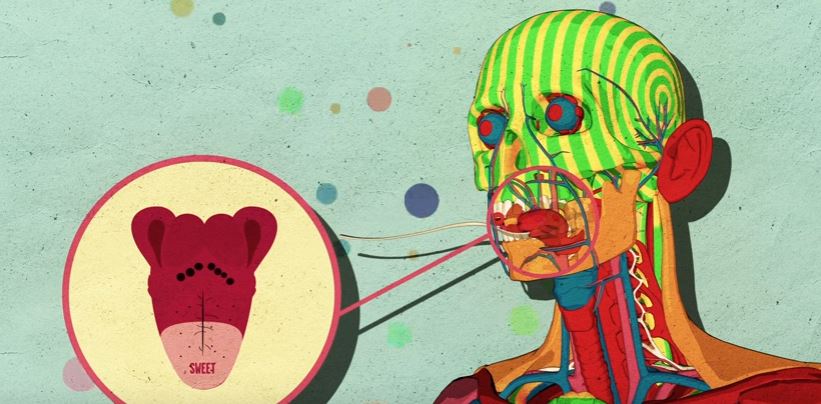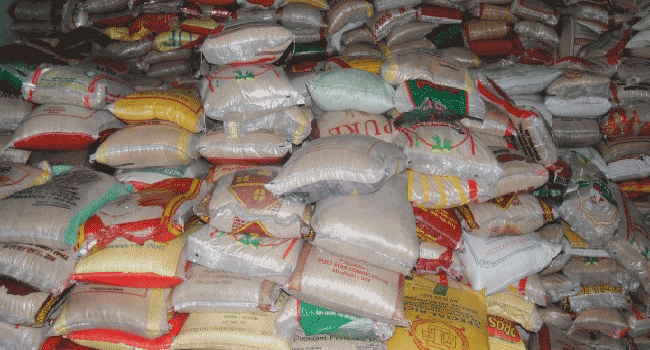Picture warm gooey cookies, crunchy candies, velvety cakes, waffle cones piled high with ice cream.
Is your mouth watering yet? Are you craving desert, why, what happens in the brain that makes sugary foods so hard to resist?
Sugar is a general term used to describe a class of molecules called carbohydrates and its found in wide variety of food and drinks.
Just check the label of sweet products you buy; glucose, fructose, lactose, maltose, dextrose and starch are all forms of sugar.
Advertisement
Sugars are not just in candies and deserts, it’s also added to tomato sauce, yoghurt, dried food, flavoured water and granular bars.
Since sugars is everywhere, it is important to understand how it affects the brain, what happens when sugar hits your tongue, and does eating a little bit of sugar makes you crave more?
Advertisement
When sugar hits your tongue, it activates your sweet taste buds, which in turn send signals to receptors in the cerebral cortex.
That signal in turn activates the brain’s reward system – a complicated system of electrical and chemical pathways which answer a very simple question your brain is asking itself: Should I do that again?
Video credit: TED-Ed
Advertisement
Add a comment







